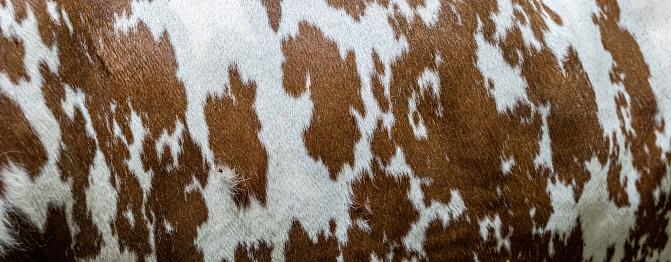
Development of indigenous animal species
On this page
Indigenous animal species can have a significant historical and cultural value and scientific importance. Different species can offer a valuable gene pool, i.e. genetic material for breeding, as they have adapted to the local environment in the long term.
Modern animal breeding is a global and commercial industry. Only a few high-yield species are used in production. Genetically unique local species with a lower yield have become rare and are in danger of becoming extinct. The aim is to preserve indigenous species by supporting their rearing and by means of the animal genetic resources programme.
About 3,800 indigenous hens and roosters of more than one year of age are included in the Finnish national animal genetic resources programme. The total number of indigenous sheep is about 12,000 and of Finngoats about 6,000. The number of Eastern Finncattle is 1,600, Western 1,500 and Northern 850. According to milk production monitoring the number of indigenous heifers and cows was about 7,100 in 2024. In addition, number of Finnhorses was about 18,800 in 2024.
Allow functional cookies to show the embedded graph.
Data collection
Description of the indicator
The indicator of the development indigenous animal species assesses and monitors the genetic diversity of production animal species. The preservation of indigenous species and the development of animal production are based on the protection of genetic diversity and sustainable use.
The number of indigenous cows is obtained from Animal Breeding cooperative (Faba) and information about the number of Finnhorses is obtained from the Finnish trotting and breeding association (Hippos). Information about the number of sheep, goats and hens is obtained from the national animal genetic resources programme coordinated by Luke.
This is one of the national impact indicators of the 2014–2020 Rural Development Programme for Mainland Finland.
The indicator will next be updated in spring 2026.
